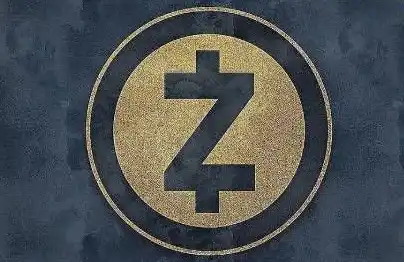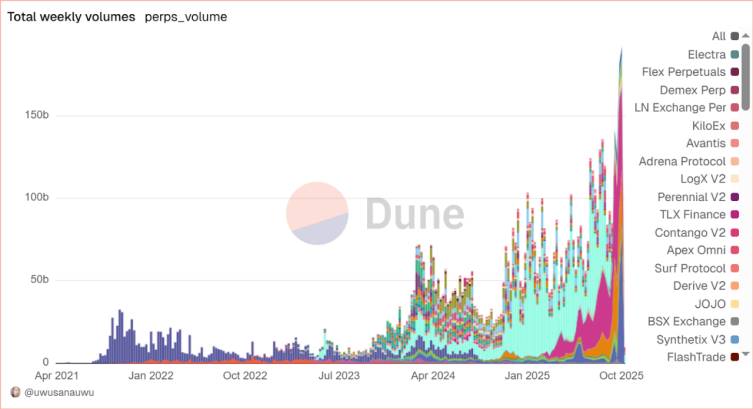4E: The "Bitcoin price will inevitably fall after halving" rule may no longer hold true; the EU plans to expand cryptocurrency regulation.
On November 3rd, according to 4E observation, the traditional volatility pattern of Bitcoin after halving may be failing. Data shows that the current Bitcoin volatility is below 2%, hitting a historical low, while during the third halving period in 2020, the volatility once exceeded 5%. Keiji Maeda, a senior executive at the Japanese crypto company BACKSEAT, pointed out that with increased market liquidity and institutional participation, the impact of individual investors' short-term behavior on prices is weakening, and the so-called "post-halving correction" empirical rule may no longer apply.
In the EU, the European Commission is planning to expand central supervision of stock and cryptocurrency exchanges. The new proposal will give more power to the European Securities and Markets Authority, covering "the most important cross-border entities," to promote the construction of a "capital market union" and reduce regulatory fragmentation. The related proposal is expected to be officially presented in December.
On the other hand, Michael Saylor, Chairman of Strategy, stated that the company currently has no plans to acquire other Bitcoin asset reserve companies, citing the high uncertainty and long cycle involved in such mergers.
Regarding investment institutions, the latest top 15 holdings of ARKK ETF under Cathie Wood show that companies related to cryptocurrencies such as Coinbase (5.8%) and Circle (2.55%) have significant weight, indicating their continued bet in the new round of technology and digital asset cycle.
4E comment: Bitcoin entering a historical low volatility range may indicate that the market structure has shifted from speculation-driven to fund stability. If EU regulatory integration and institutional allocation trends advance simultaneously, cryptocurrency assets may gradually enter a "low volatility stable bull" phase.
Disclaimer: The content of this article solely reflects the author's opinion and does not represent the platform in any capacity. This article is not intended to serve as a reference for making investment decisions.
You may also like
Galaxy Research Report: What Is Driving the Surge in Zcash, the Doomsday Vehicle?
Regardless of whether ZEC's strong price momentum can be sustained, this market rotation has already succeeded in forcing the market to reassess the value of privacy.

Soros predicts an AI bubble: We live in a self-fulfilling market
When the market starts to "speak": an earnings report experiment and a trillion-dollar AI prophecy.

Soros predicts an AI bubble: We live in a self-fulfilling market
The article uses Brian Armstrong's behavior during the Coinbase earnings call to vividly illustrate George Soros' "reflexivity theory," which posits that market prices can influence the actual value of assets. The article further explores how financial markets actively shape reality, using examples such as the corporate conglomerate boom, the 2008 financial crisis, and the current artificial intelligence bubble to explain the workings of feedback loops and their potential risks. Summary generated by Mars AI This summary was generated by the Mars AI model, and the accuracy and completeness of its content are still being iteratively improved.

In-depth Research Report on Perp DEX: Comprehensive Upgrade from Technological Breakthroughs to Ecosystem Competition
The Perp DEX sector has successfully passed the technology validation period and entered a new phase of ecosystem and model competition.

